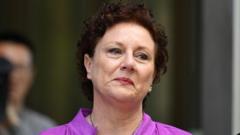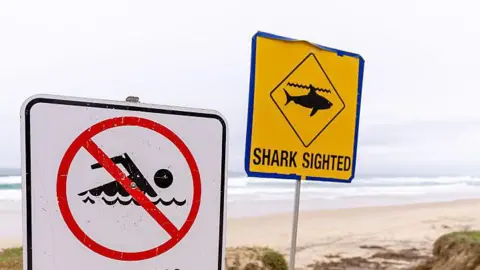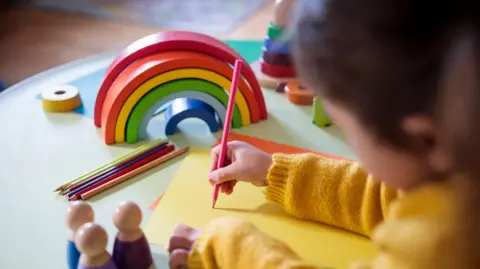Kathleen Folbigg’s case has ignited a profound debate in Australia surrounding justice and compensatory ethics after she was offered A$2 million (£975,580, $1.3 million) for her wrongful imprisonment of two decades. Once labeled "Australia's worst mother" due to her conviction over the deaths of her four babies, Folbigg was exonerated in 2023 following a groundbreaking judicial review that indicated her children might have fallen victim to genetic conditions rather than foul play. Despite initial expectations of a compensation payout potentially exceeding A$10 million, legal representatives for Folbigg criticized the offered amount as "profoundly unfair and unjust."
Rhanee Rego, Folbigg's lawyer, elaborated that the compensation was "morally affronting" and deemed it ethically indefensible, expressing disappointment at the continued inadequacies of the system that wronged her client. The New South Wales Attorney General, Michael Daley, stated that the compensation decision had undergone "thorough and extensive" review but left many questioning the justice of the amount.
Folbigg's four children—Caleb, Patrick, Sarah, and Laura—died between 1989 and 1999 due to causes that were once erroneously attributed to maternal neglect and murder, leading to a lengthy prison sentence. Folbigg has maintained her innocence throughout, with recent scientific inquiries validating claims that her children's deaths may have resulted from natural causes linked to rare gene mutations.
Critics note the inadequacy of the proposed compensation, comparing her case to that of Lindy Chamberlain, who received A$1.7 million for three years of wrongful imprisonment. Calls for a more substantial compensation have arisen from experts and community advocates, some projecting a payment up to A$20 million could be warranted given the circumstances. As Australia grapples with the ongoing implications of Folbigg's case, the discussion shines a light on systemic flaws that can lead to miscarriages of justice and highlights the urgent need for reform in compensation standards for wrongful incarceration.



















